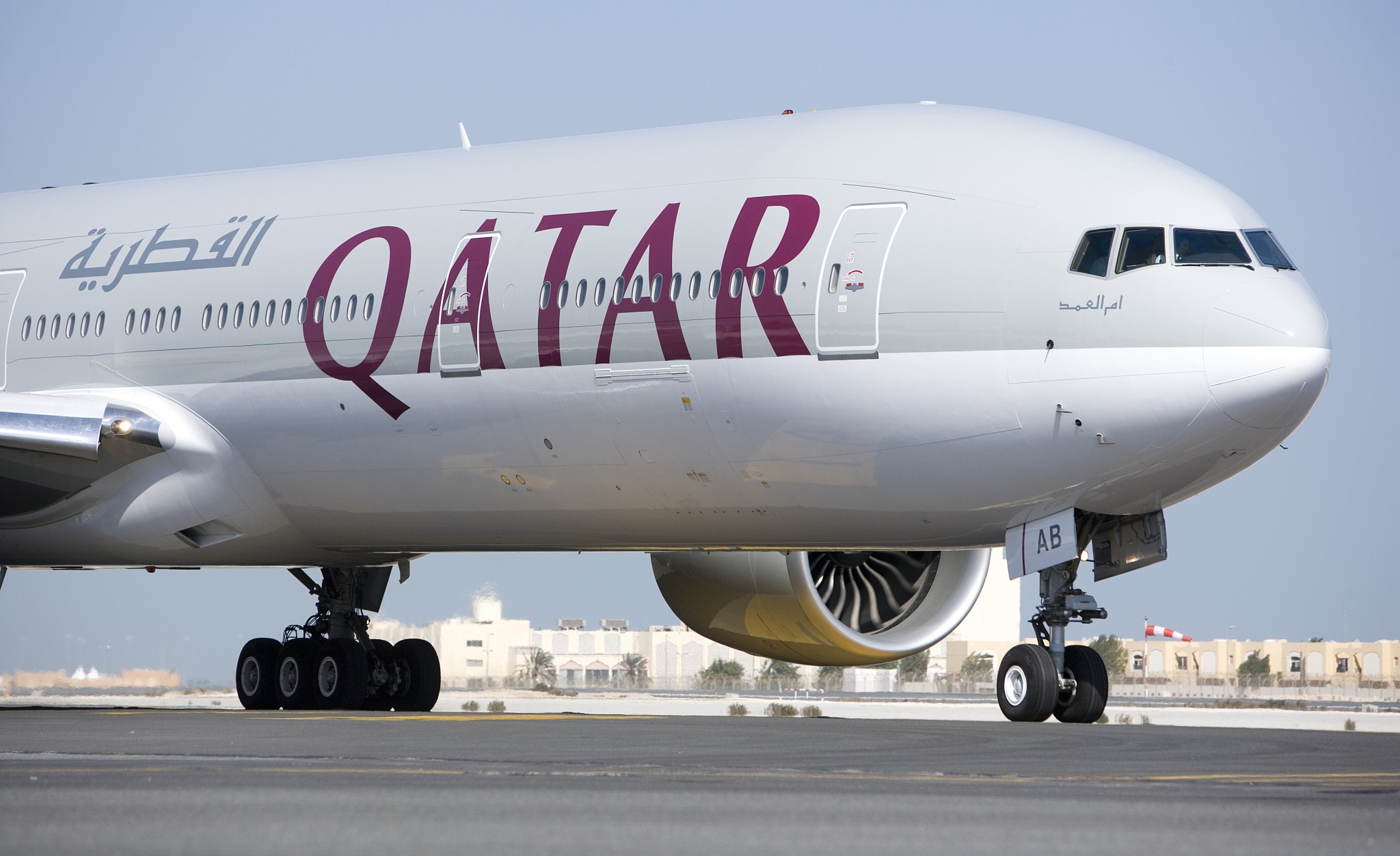Qatar Airways posted a $639 million net loss for the full year of 2019, a massive increase from this time last year when the airline announced losses of approximately $69 million.
The airline has said that higher fuel costs, foreign exchange fluctuations and an ongoing blockade with its neighbours have impacted the airline massively.
The United Arab Emirates, which was a key market for the Gulf carrier, along with Saudi Arabia, Bahrain and Egypt, have enforced an economic boycott of Qatar since June 2017.
Because of the blockade, the airline is having to fly longer routes to avoid certain airspace. This in turn is increasing its fuel bill.
Meanwhile, Qatar Airways has also had to cut routes to several countries, including Saudi Arabia and the UAE, which used to be its two single biggest foreign markets.
The airline, did, however, manage to increase its passenger revenue by 14.3% with capacity (available seat kilometers) growth of 13.5%.
Meanwhile, its cargo revenue witnessed growth of 16.8% with cargo capacity (available tonne kilometers) growing 11.8% annually.
Executive jet revenue also witnessed substantial growth of 18.4% in comparison to the previous year.
Qatar Airways group chief executive, Akbar Al Baker, said: “2018-19 was a year of achievement in the face of adversity for Qatar Airways. Despite facing challenges that are unparalleled in the airline industry, I am very proud that we have grown our fleet, expanded our network and seen overall revenue increase to QAR 48 billion ($13.2 billion), a rise of 14%. Passenger numbers are up, capacity as measured by available seat kilometres has risen and our Cargo business is now the largest in the world.
“This was nonetheless a challenging year and while it is disappointing that Group has registered a net loss of QAR 2.3 billion ($639 million) – attributable to the loss of mature routes, higher fuel costs and foreign exchange fluctuations – the underlying fundamentals of our business remain extremely robust.
“Our success is due to an unwavering belief in our strategy to give our passengers the very best, backed by the perseverance and hard work of our staff. I look forward to 2019-2020 with optimism and confidence that our growth will continue and we will serve even more countries around the world.”
The airline launched 11 new destinations during the fiscal year 2019 and has now added a total of 31 (as at 1 September 2019) since the start of the illegal blockade, growing its network to over 160 gateways around the world.
The airline’s fleet grew by 25 aircraft to a point where it welcomed its 250th aircraft in March 2019. With more than 300 aircraft worth more than $85 billion on order (including options and letters of intent) the group has the capacity to continue its ambitious but sustainable network expansion strategy.

